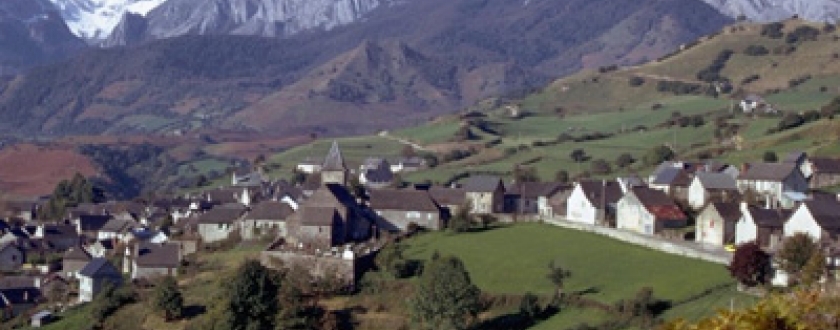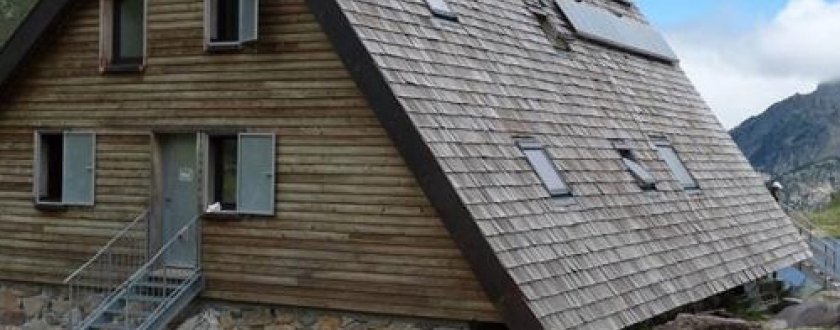Pyrenees National Park regional climate and energy plan
Description of the case study
Since June 2012, the Pyrenees National Park has defined a regional sustainable development project for the 2015-2020 period, consulting with local agents and with the financial support of the ADEME and the Midi-Pyrénées region.
The plan is based on seven pillars:
» Offering alternatives to the use of individual cars.
» Promoting mountain activity adaptation.
» Supporting a regional move towards energy autonomy.
» Accelerating the growth of short circuits.
» Promoting behavioural change through education.
» Supporting sustainable development.
» Aiming for environmental exemplariness in the National Park.
As a preamble, the Pyrenees National Park has established a greenhouse gas (GHG) emissions assessment of its activities in 2012, as well as an assessment of the region's vulnerability.
The fight against climate change is approached through two drivers:
» Mitigating and limiting regional impact on the climate by reducing greenhouse gas (GHG) emissions.
» Adapting and reducing the region’s vulnerability.
The project’s general aim is to reduce GHG emissions by a factor of four by 2050. The region and its activities emit 693,717 tons of CO2, which is the equivalent of circling the world 66,000 times in 2012.
Consult the detailed action plan.
The specific actions supported or carried out are:
» Reducing light pollution
» Accelerating building renovations
» Adopting an ecological attitude even at altitude
» Developing renewable energies
» Raising resident awareness on saving energy
» Commitment to the region
The case study was developed and applied as a climate change adaptation measure.
ADEME: Agence de la trasition écologiqué.
Additional Information
Not detailed in the documentation available
not detailed in the documentation available
not detailed in the documentation available
National Plan and Regional Plans for Climate, Air, and Energy (SRCAE)
01/01/2015 (in progress)
Reference information
PYRENEAN CLIMATE CHANGE OBSERVATORY
Avenida Nuestra Señora de la Victoria, 8
22.700 - Jaca
Huesca - España
+34 974 36 31 00
info_opcc@ctp.org







